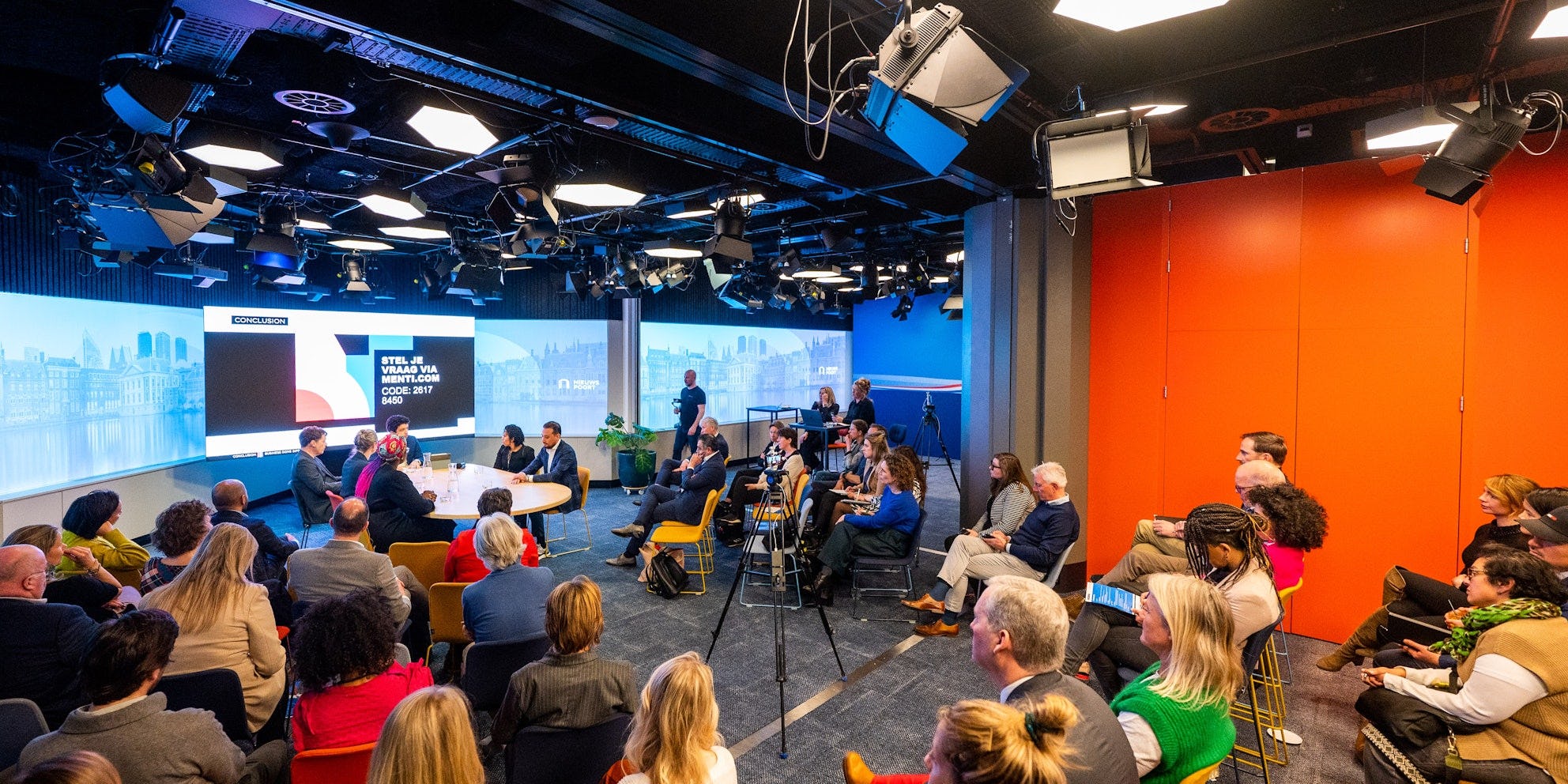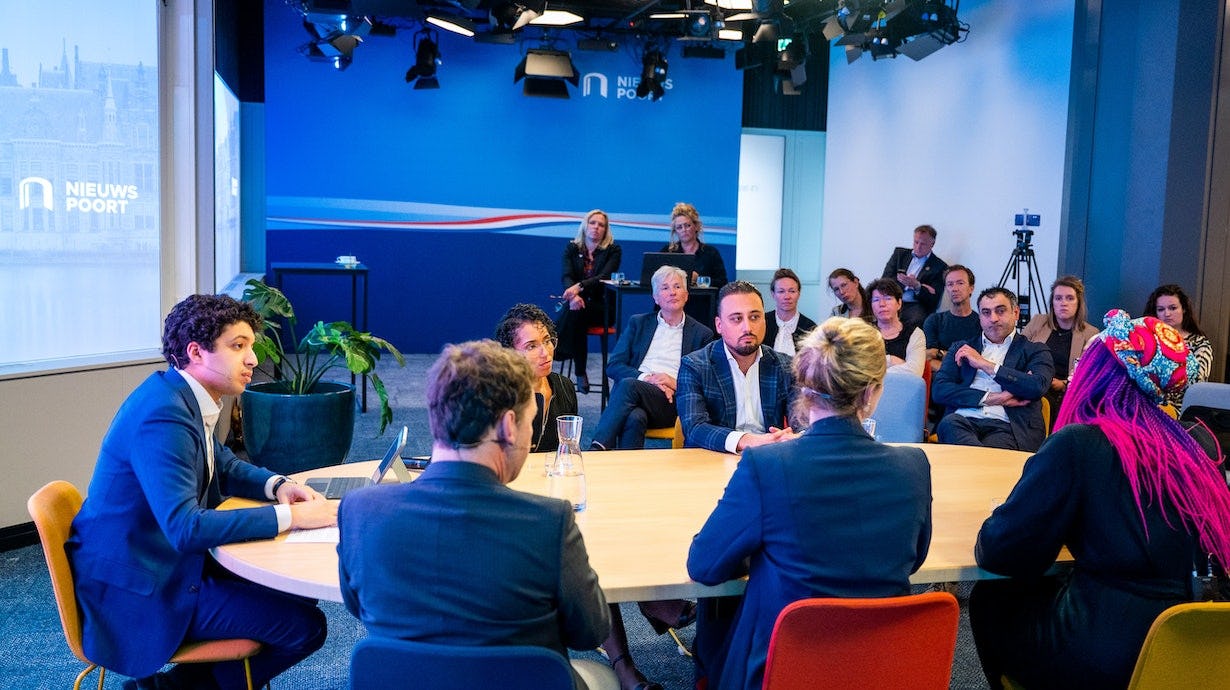iPoort opens the debate on the need to steer towards DEI
Organisations are paying more and more attention to diversity, equity, and inclusion (DEI). Despite all positive intentions, the data shows that progress has been slow. We need to speed up our ideas and actions. In order to drive this acceleration, iPoort and Conclusion organised the debate ‘Data-driven DEI: navigating towards a diverse and inclusive organisation’. Read a review of this highly inspiring afternoon below.
Karen van der Zanden, iPoort CEO, opened the debate with the question: How can you make DEI measurable? Because, as she says, ‘if it matters, you measure it to manage it’.
May 1st, 2023 | News | By: Conclusion
Share


Make sure that inclusiveness and diversity are an integral part of the company strategy and that these objectives are achieved.
Take a critical look at how you currently deal with it. A second opinion may help.
Select the appropriate working method and acknowledge that DEI is a sensitive topic.
A good DEI policy is crucial for an organisation in the long term.
Organisations measure all sorts of things quite extensively, apart from DEI. You need to break this trend.
First drum up support before diving deeper into the topic.
Privacy is not an impediment, but rather a tool for recording data correctly.
Use business intelligence to measure and monitor the effectiveness of interventions such as inclusivity training.
Create a team for DEI from all layers of the organisation.
You cannot solve everything, but you can steer the organisation in the right direction.
Gather data on the diversity of the workforce, and also on how employees experience inclusion.
Technology may help, but watch out for ‘garbage in, garbage out’.
Use artificial intelligence to screen job adverts for language use to ensure that recruitment efforts are inclusive.
Analyse HR processes to ensure that assessments are free from implicit prejudices.
Use business intelligence to analyse salaries to make sure there are no disparities based on gender or other traits.
Get all subcultures of the organisation involved as a DEI engine for change.